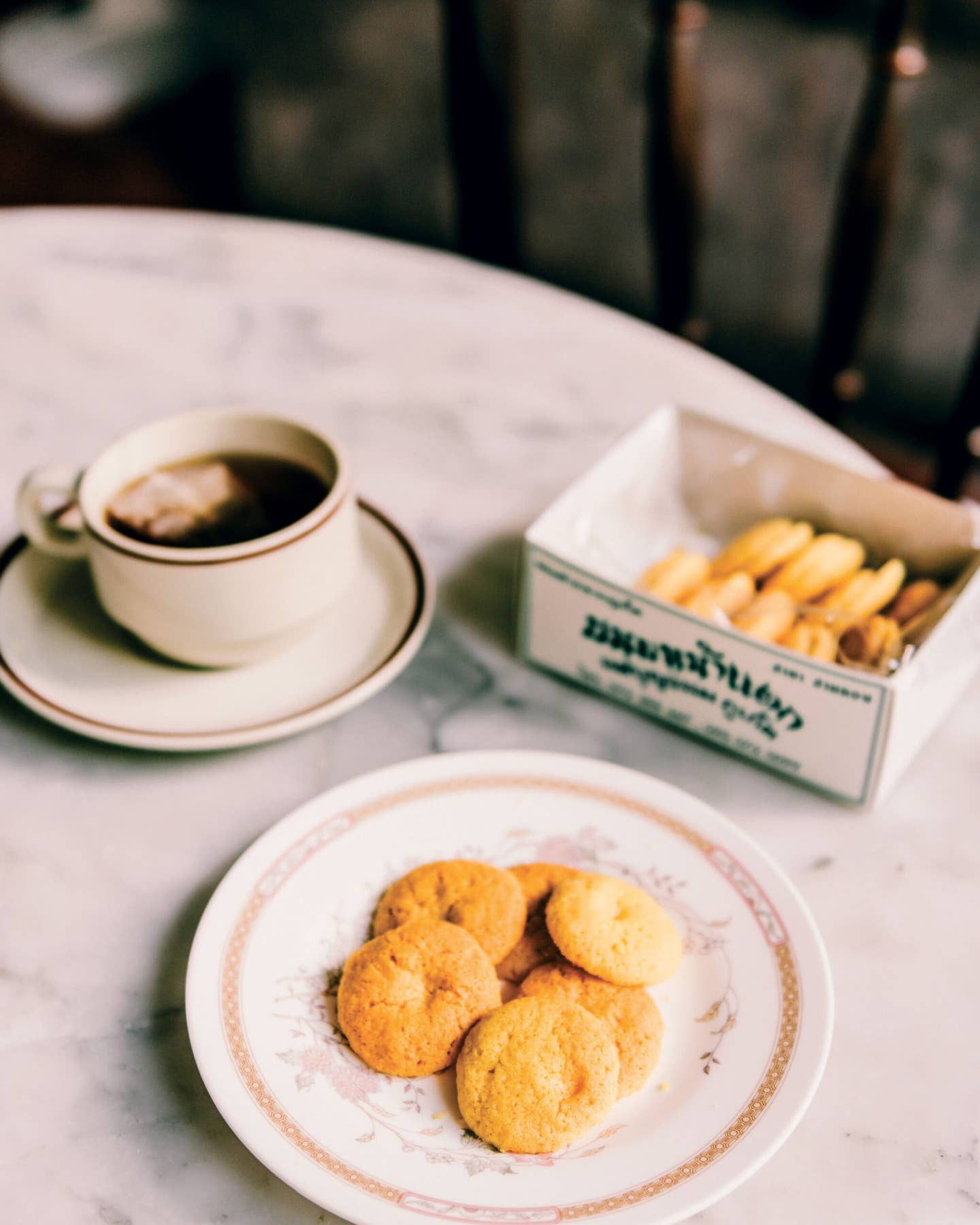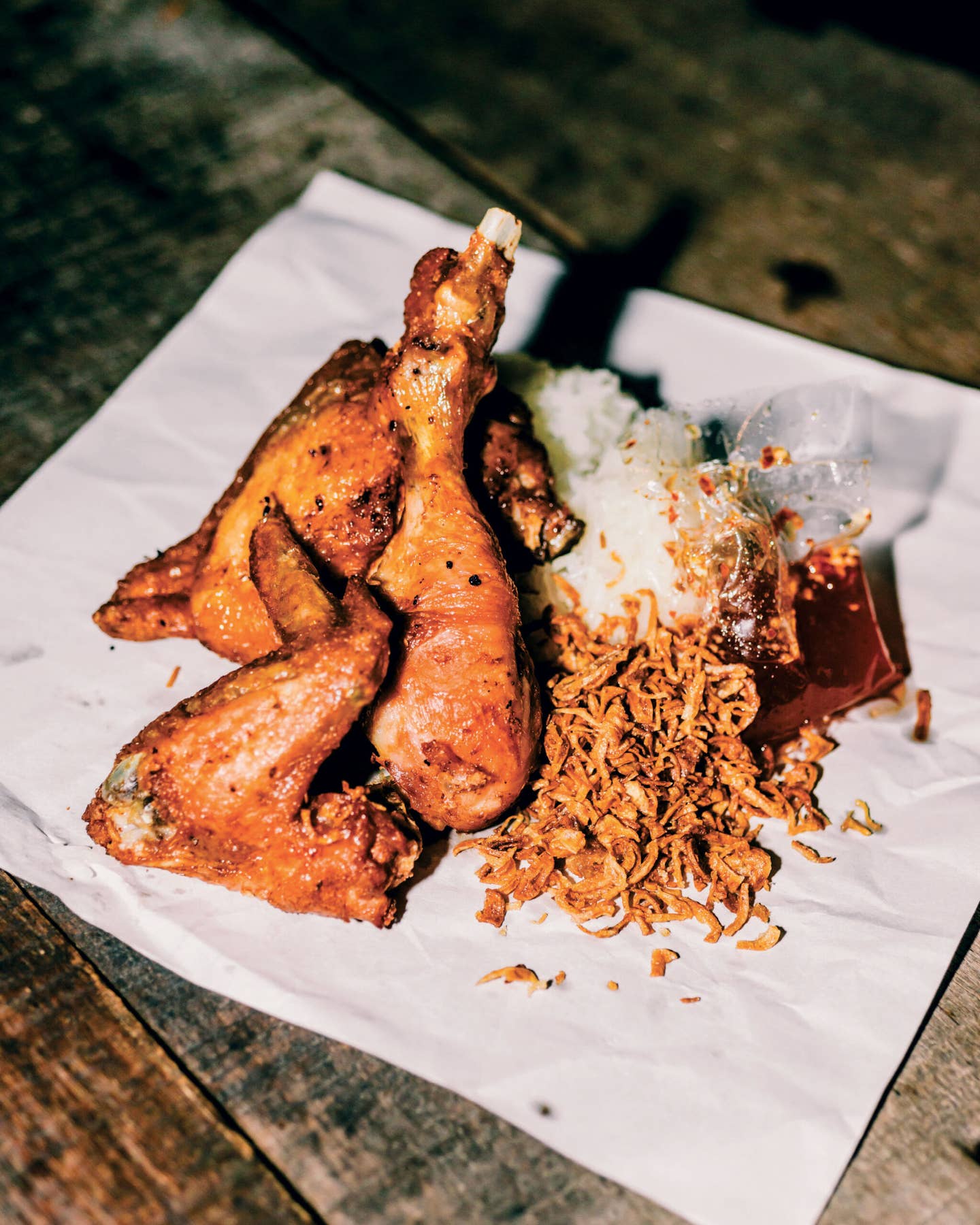
Americans Waste 160 Billion Dollars of Food, in Part Because It’s Not Pretty Enough
High standards for perfect-looking produce means tons of “ugly” fruit and vegetables get dumped before they ever reach grocery stores
The incredible amount of food Americans throw away every single day is no new topic, but an article in the The Guardian today suggests that our inclination to put food in the trash instead of our mouths is worse than previously estimated. Where it was previously reported that we were throwing out around $100 billion worth of food annually, the article reports that the number is closer to $160 billion, or half the monetary value of all the food we consume.
The issue isn’t as simple as individual consumers throwing out food or a supply-and-demand imbalance. While a lot of waste comes to Americans tossing away leftovers, or restaurants scrapping tubs of mashed potatoes and sides at the end of the night, one of the main sources has to do with an issue that permeates all of American culture: unrealistic beauty standards. We like our apples and pears and squash to be perfectly symmetrical and bruise-less, which puts an unmeetable demand on growers to provide the blemish-free produce that we want. What’s not attractive gets left to rot away in the field, given to livestock as food, or simply thrown straight into a landfill—before it ever reaches grocery stores.
What does this mean? According to research in the Guardian article, a whole slew of issues that harm the planet: global pollution, a loss of water and land resources, and overflowing landfills. "Within the US, discarded food is the biggest single component of landfill and incinerators," the article notes, which illustrates the weight—actual and figurative—of the issue. And aside from the environmental impact, there's the 795 million people around the world who are more often hungry more than they're not, according to the World Food Programme.
While some groups are looking beyond appearance and trying to give ugly fruits and vegetables a second chance, like Fruta Freia, major supermarkets like Safeway, Costco, and Walmart have yet to adopt such practices.
“The power of the retail chains creates fear along the supply chain, from the family farmer to the major producer,” the article reads, stressing the importance of the major corporations. You can support your local farmers’ market that sells the heirloom tomatoes that have split open, but the majority of Americans still shop at these chains.
There’s no one solution to this problem, and none of them are simple. But maybe, next time you’re on the hunt for summer squash, consider a local grower and don’t be so quick to toss aside the one with a brown blemish that’s shaped like a foot. That old “don’t read a book by its cover” saying extends to eggplant and peaches, too.
Related
Keep Reading
Continue to Next Story










